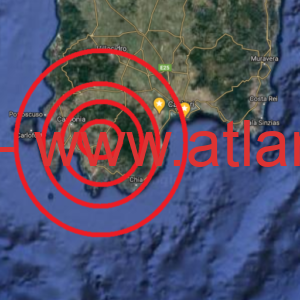There seems to be a sort of one-to-one correspondence between the names of Sardinian regions and Sardinian peoples and the geographical names on the maps.
Here are some examples that could open up new research ideas that are totally innovative and, I think, perhaps never explored before:
Sardinians Maurreddus from Maurreddanìa in Mauretania and Mauritania;
Sardinians Maltamonenses in Malta;
Sardinians Galillenses in Galilee;
Sardinians Patuanenses Campani in Campania;
Sardinians Beronicenses seem connected with the Veronicenses then Veronienses, passing through the Etruscan Tuscany;
Sardinians Ilienses-Troes seem to be the founders of Ilio-Troia, which is why Ilio, that is the city of Troy, was built through concentric circles. They represented the Sacred Furrows of Sulcis (Sulcus, Sulci, ablative Latin locative in Sulcis, to be translated as “The place of the Furrows” [Traced by Poseidon around the hill where his wife Clito lived]);
Sardinians from Gallura seem to be connected with Gaul;
The Sardinians Balares were probably the rulers of the Baleares (Balearic Islands);
The Sardinians of Laconi owned Laconia in Greece;
Furthermore, the Sumerian and Mesopotamian religions are stuffed with Sardinian terms, surnames and names: this fact should make us reflect.
Uras, Sardinian surname, name of Sumerian divinity;
Kadelanu, Sardinian surname, becomes the name of a Mesopotamian King Kandelanu;
Sarroch, name of a village, becomes King Sarrukkin in Mesopotamia;
S’iskuru, a Sardinian way of saying, in Mesopotamia is the god Iskur;
Samassi, a Sardinian town, is the Sumerian god Samas;
Uta, a Sardinian town, is the god Utu;
Sinnai, a Sardinian town, is the Mesopotamian god Sin-Nanna;
Maybe we should start asking ourselves a thousand questions from new points of view.
In my opinion, a complete revision of the historical, geographical, geological, commercial and construction sources is now necessary… from my point of view an immediate and decisive paradigm change is necessary: the Sardinian Corsican Atlantean Paradigm.
